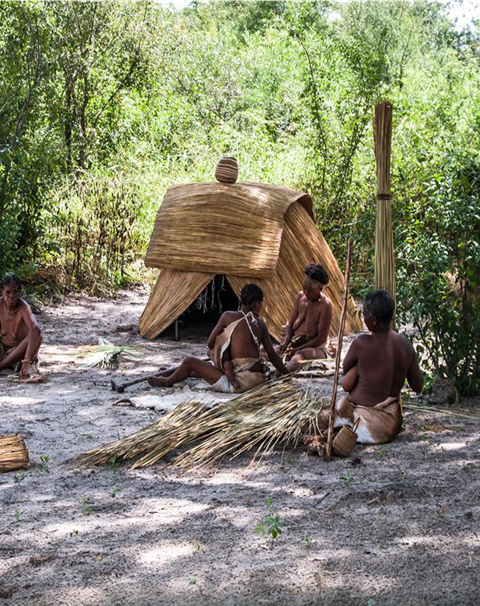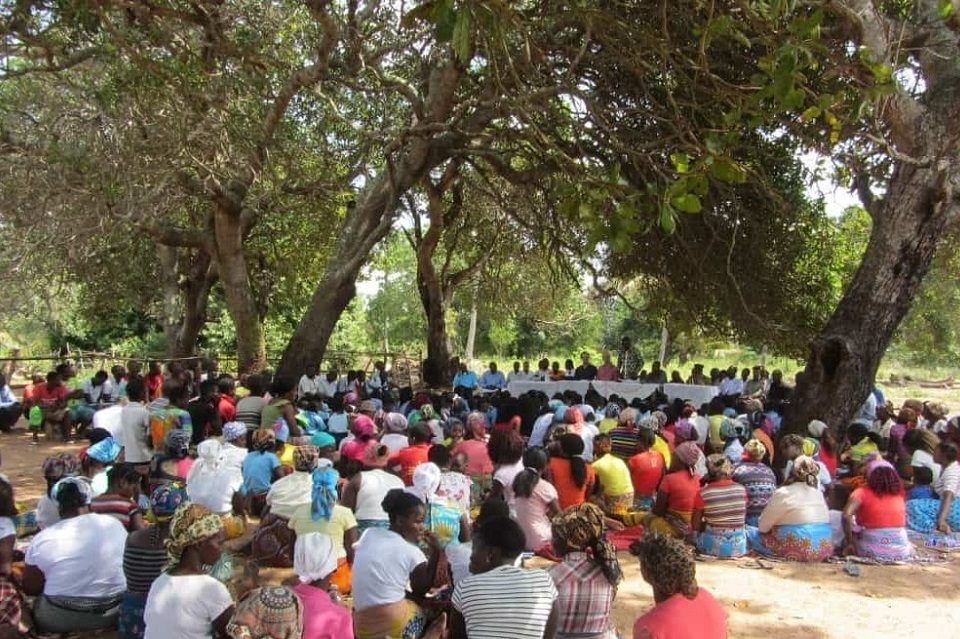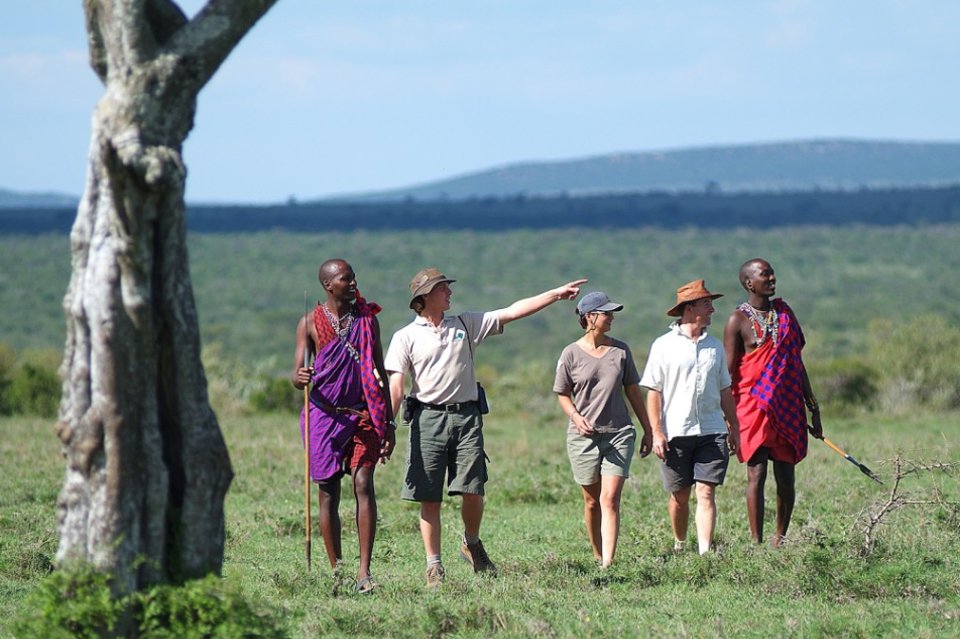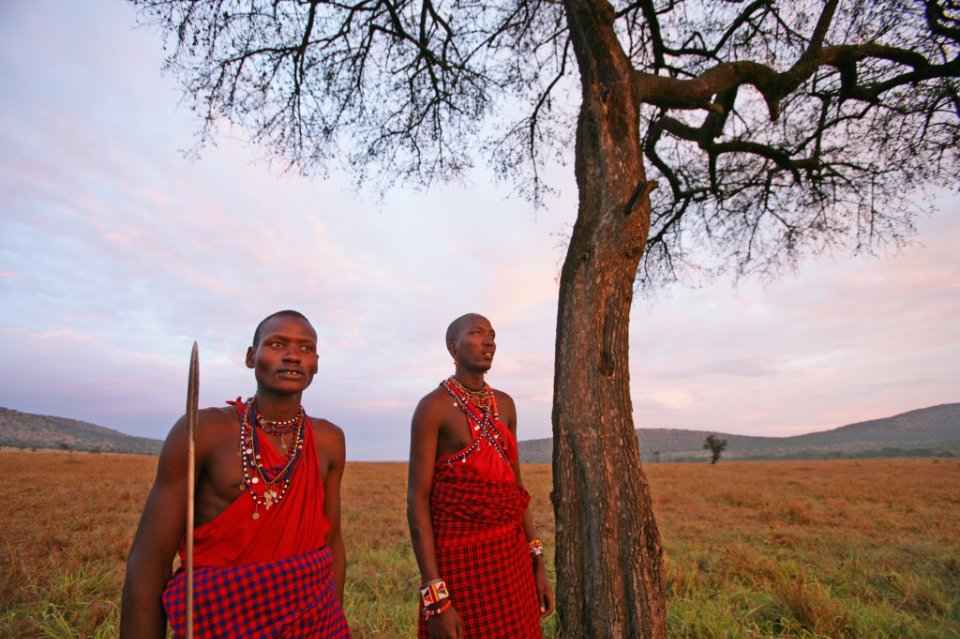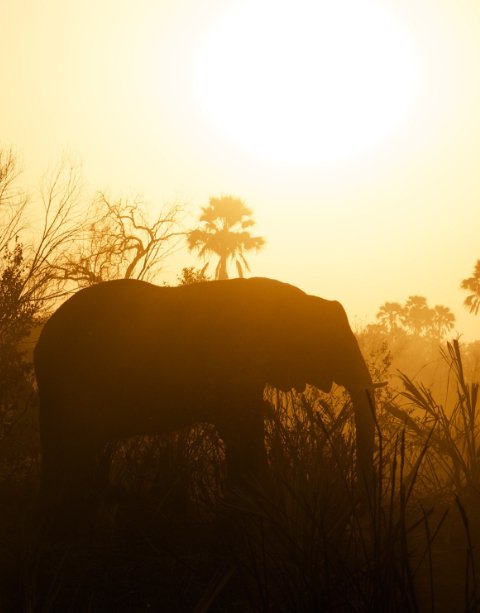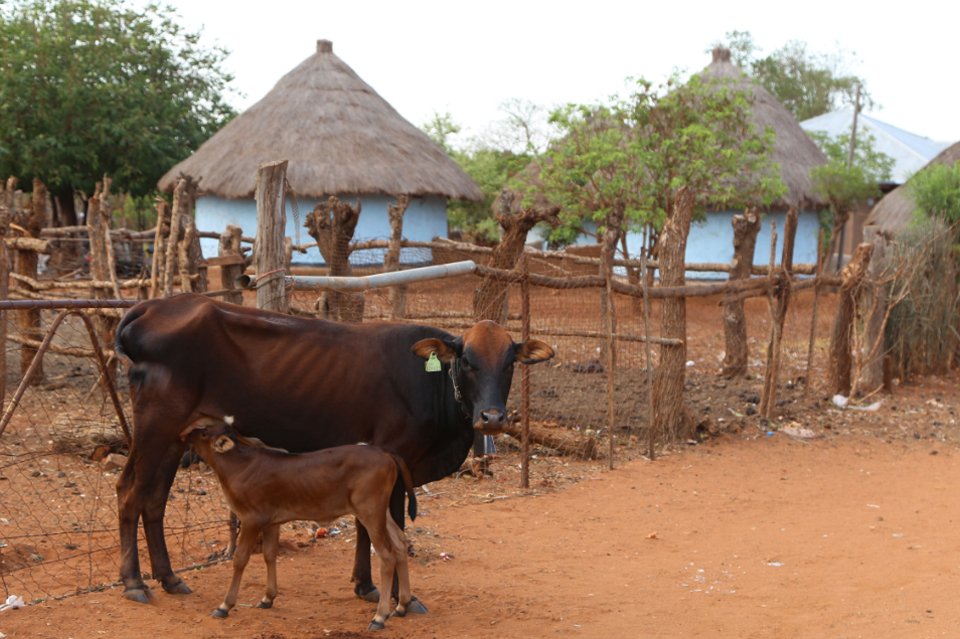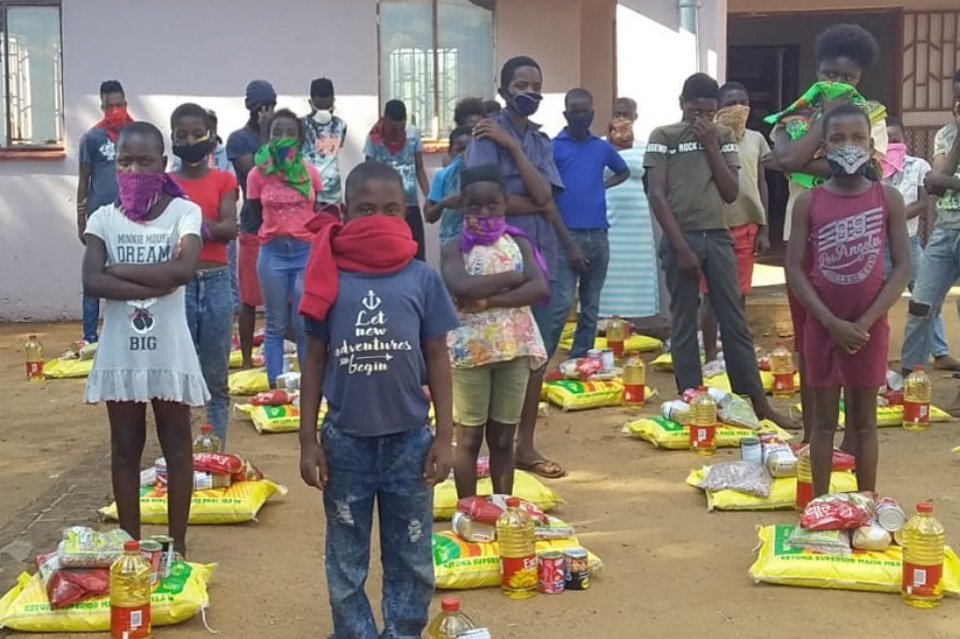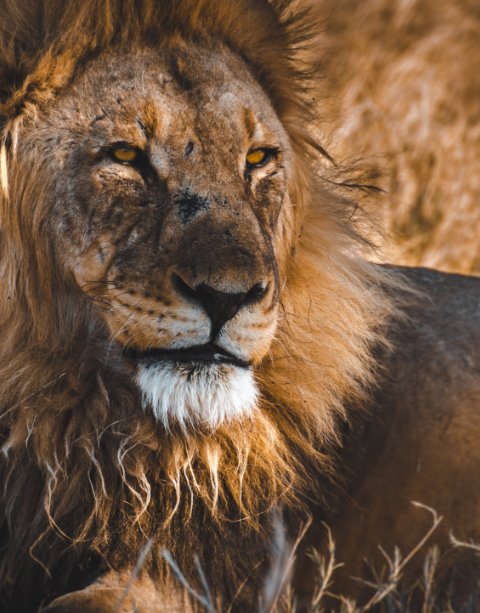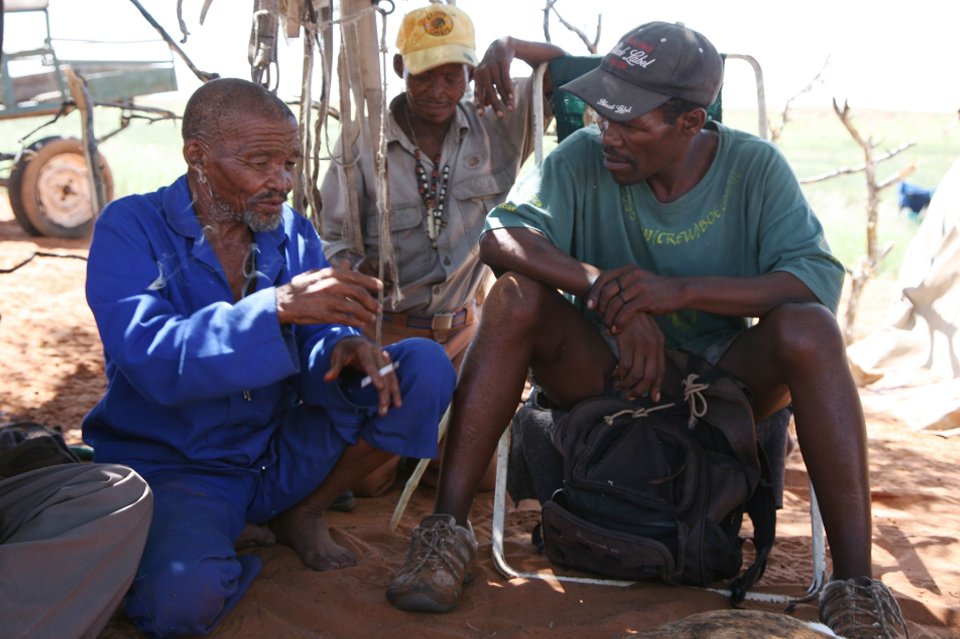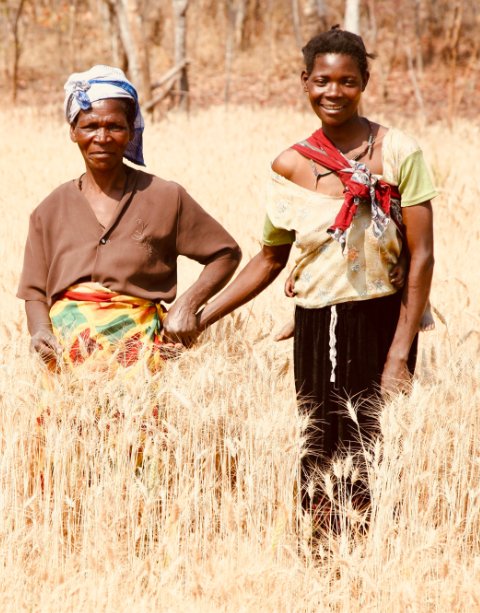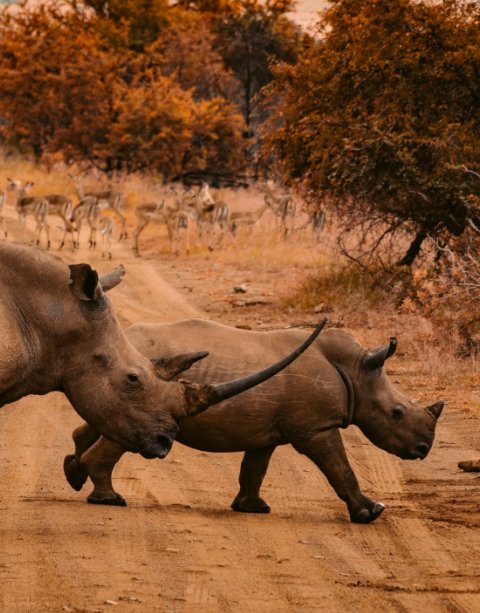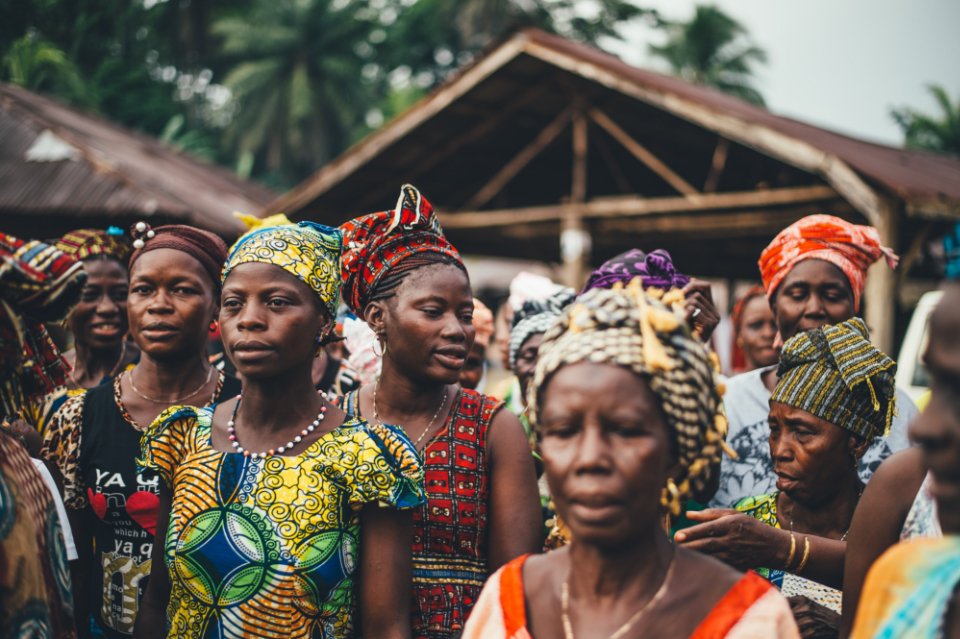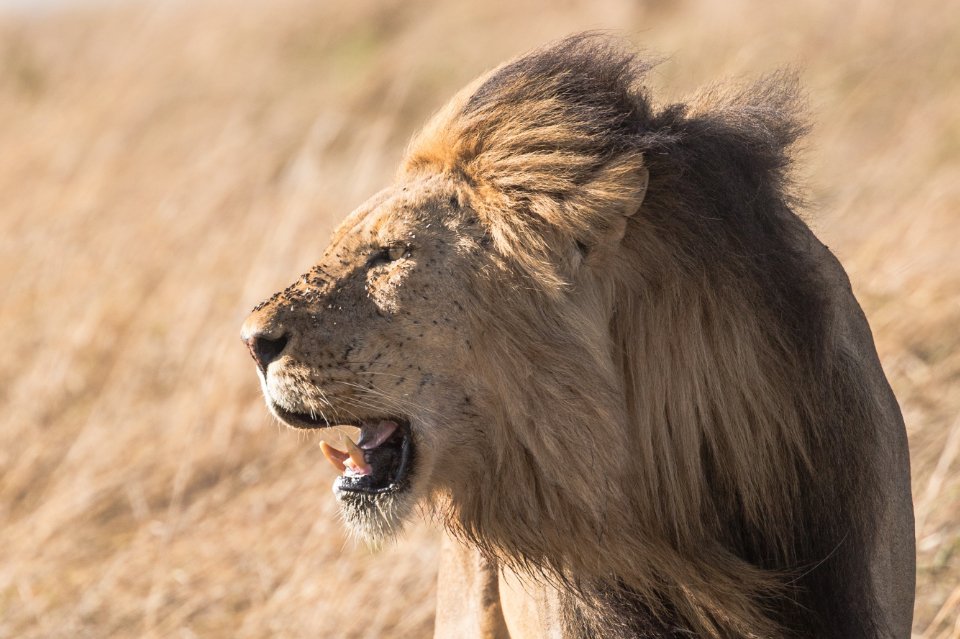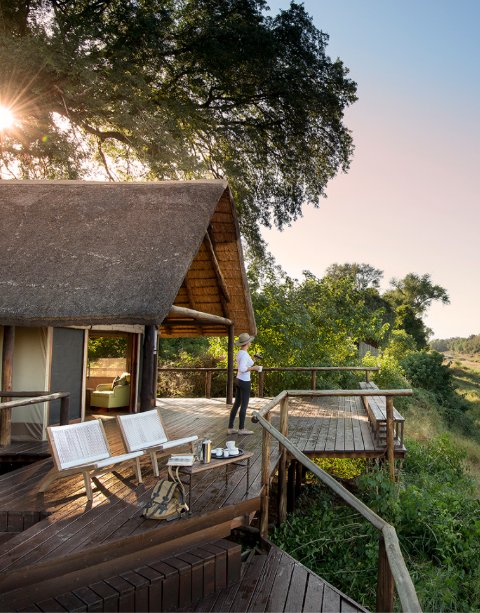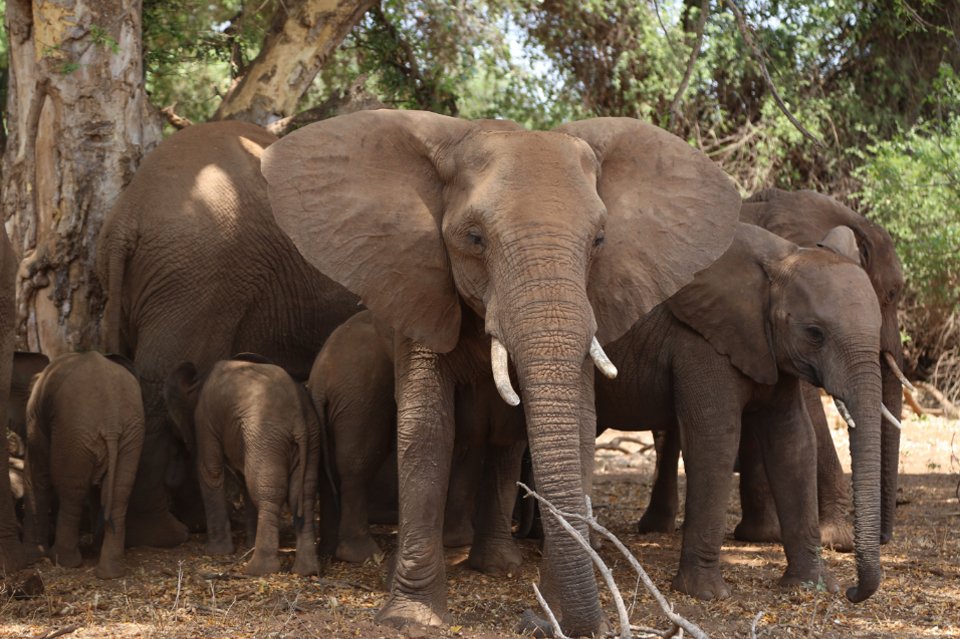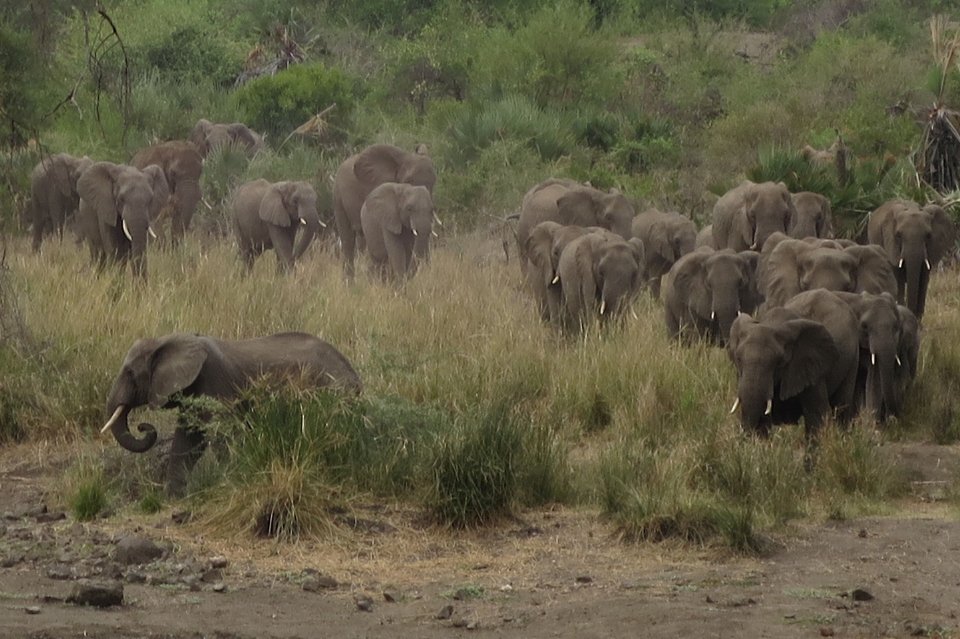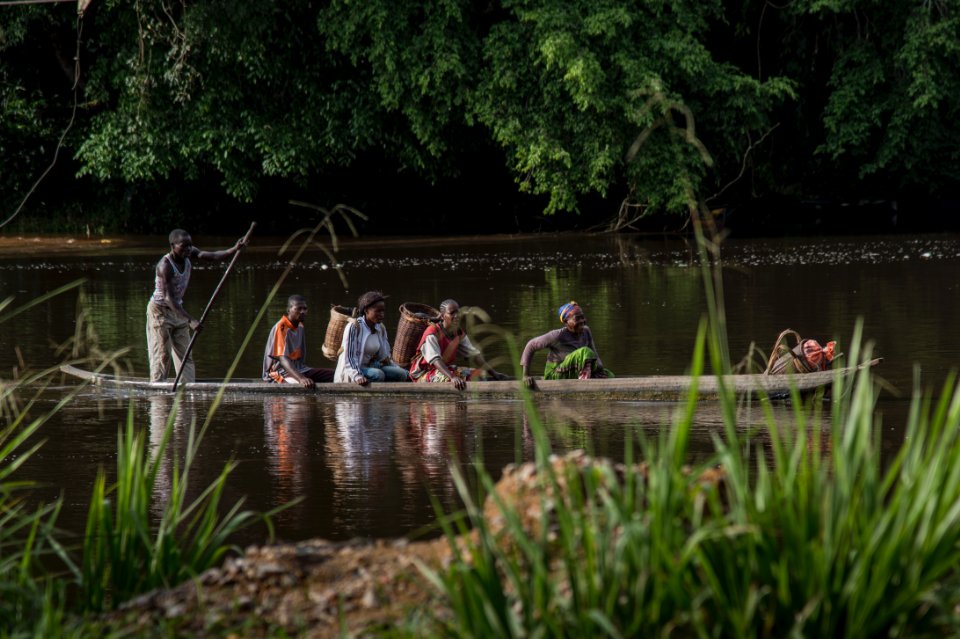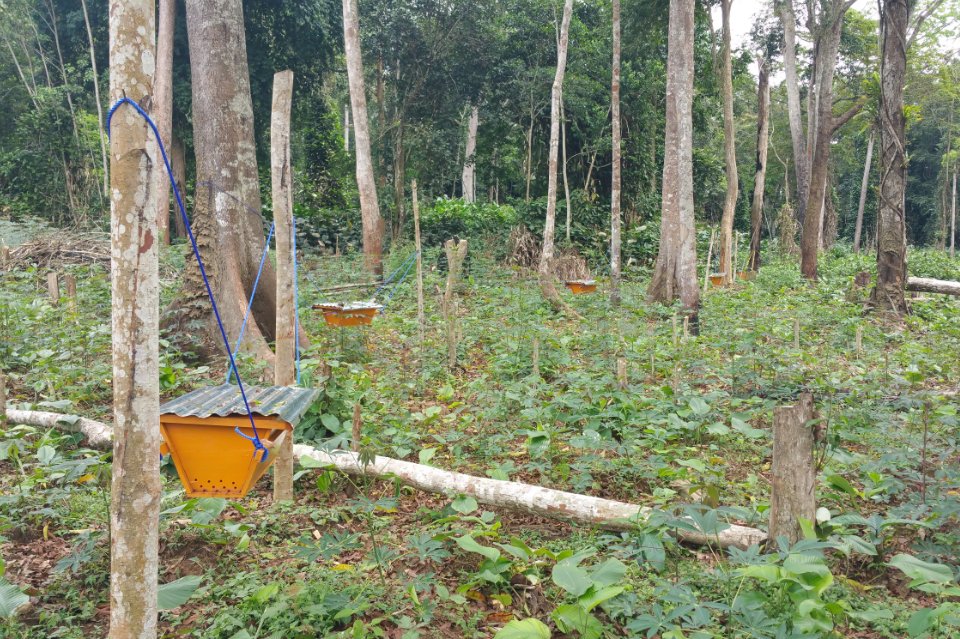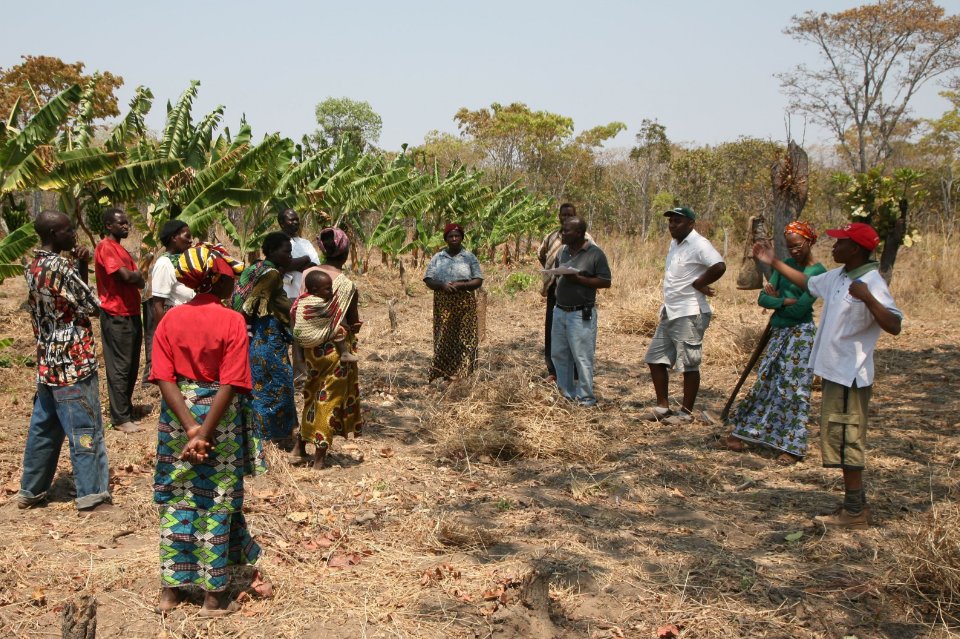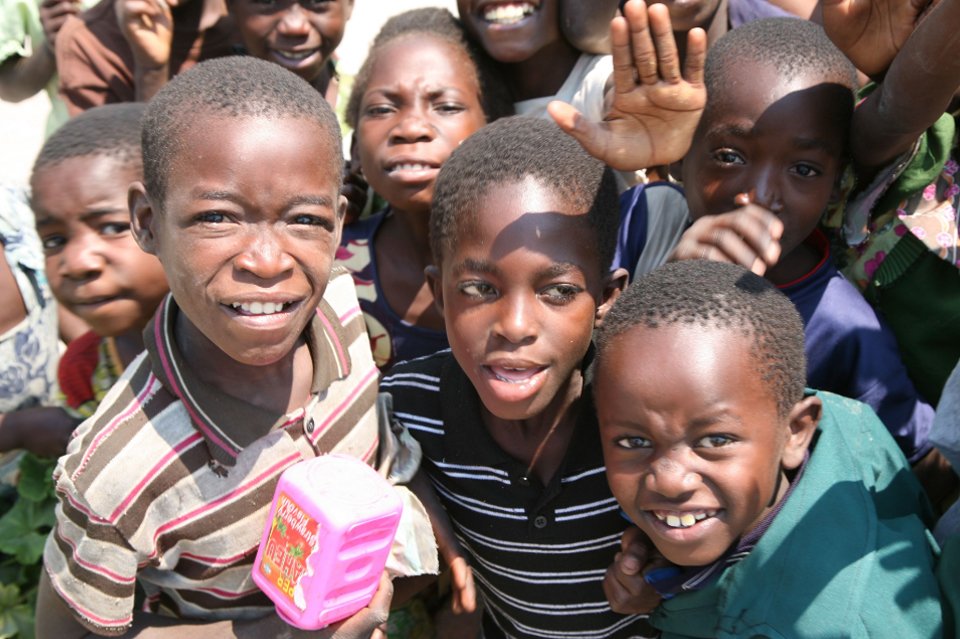JAMMA NEWS & INSIGHTS
Indigenous Peoples
Rights
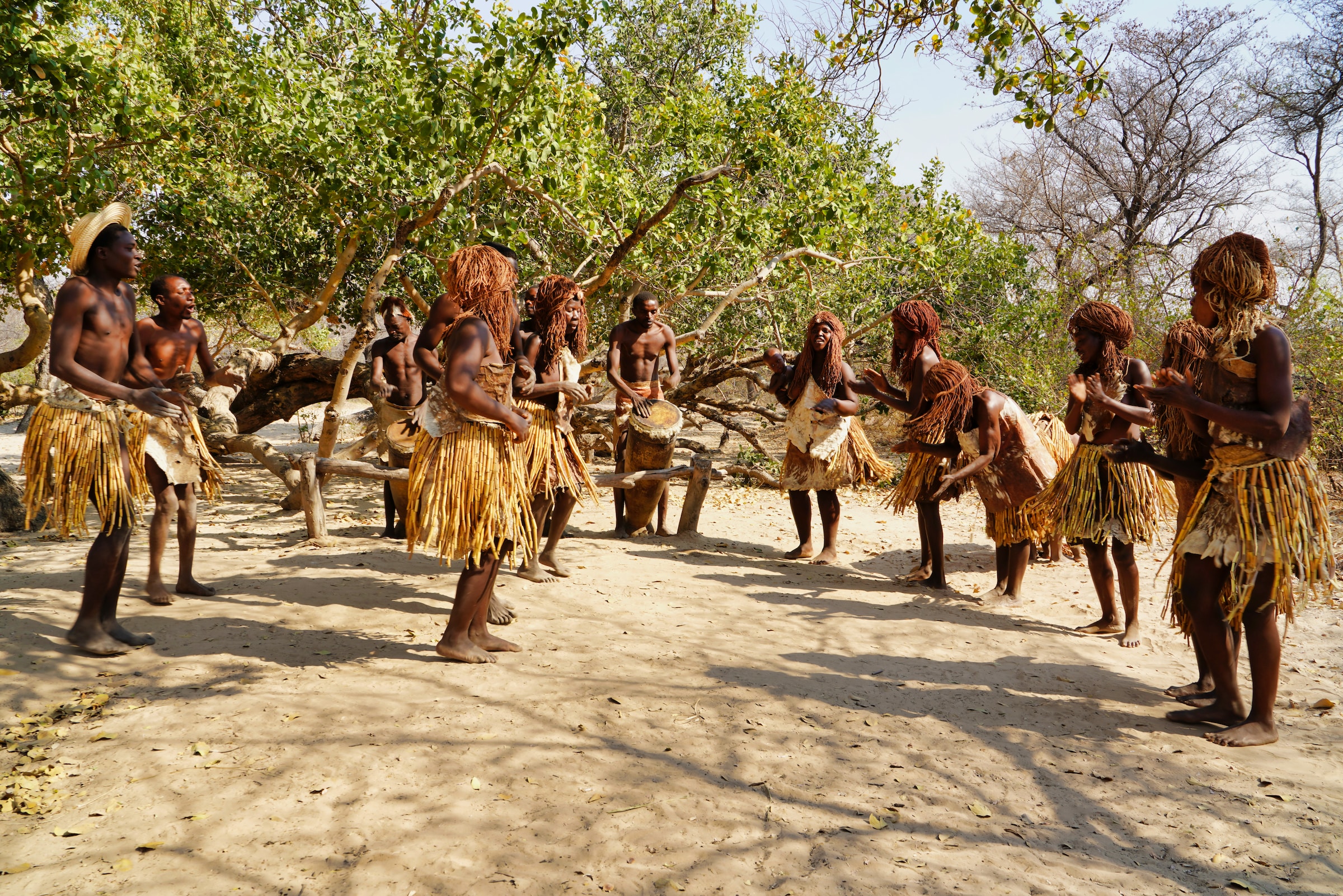
News and Insights
Jamma International Champions Indigenous Peoples' Rights in Conservation
Jamma International is proud announce that a compelling article, "A Call to Champion Sustainable Use of Wildlife as an Indigenous Peoples’ Rights Issue," has been published in the Cultural Survival Magazine, authored by our team members Lesle Jansen and Joe Goergen. This insightful piece explores the resilient legacy of the San and Khoikhoi Peoples in Namibia, Botswana, and South Africa, highlighting their crucial role in advocating for wildlife conservation despite historical difficulties. As a nonprofit organisation, Jamma International supports Indigenous Peoples' rights, echoing the global call for inclusive and respectful conservation practices. The article delves into the successes of Namibia's conservancy program, covering 20% of the country's land and supporting over 230,000 rural people.
Jamma International actively engages in supporting a more equitable and sustainable approach to wildlife conservation. Engage with the full article on the Cultural Survivals Website to delve into the intersection of Indigenous practices and sustainable wildlife conservation.



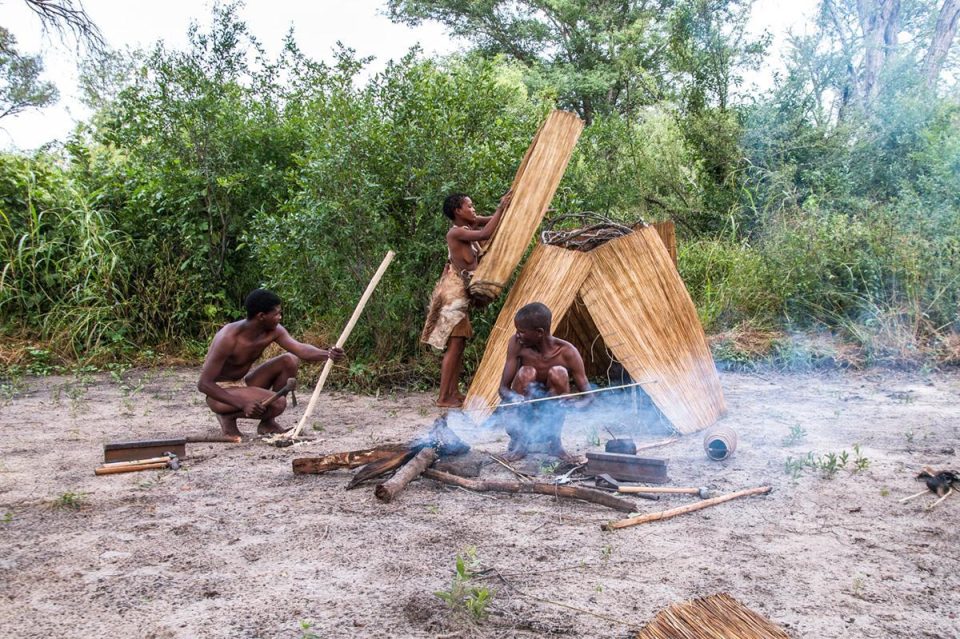
![IcN41-rp[1] IcN41-rp[1]](https://jammainternational.com/wp-content/uploads/elementor/thumbs/IcN41-rp1-qyp02jm7fta1bhueef984d981mituxcyspxlyjh71y.jpeg)



